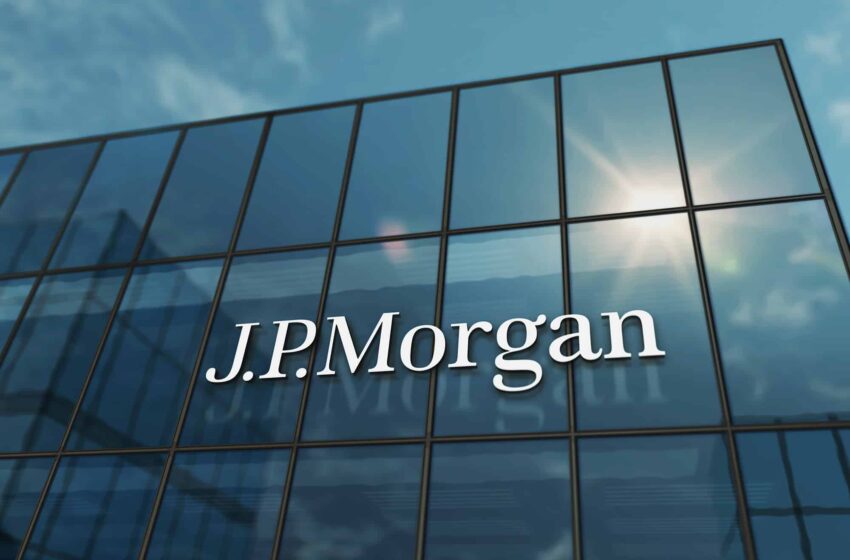

Trump Alleges JPMorgan and Bank of America Rejected His Business, Eyes Executive Order to Curb ‘Ideological Debanking’
President Donald Trump has accused JPMorgan Chase & Co. and Bank of America Corp. — two of the largest U.S. financial institutions — of refusing to do business with him, adding fuel to a brewing debate over so-called “ideological debanking.”
In a Tuesday interview with CNBC, Trump claimed that JPMorgan asked him to close decades-old accounts within 20 days, while Bank of America allegedly turned down his attempt to deposit over $1 billion.
“The banks discriminated against me very badly,” Trump said, adding that he had to turn to “small banks all over the place” to manage his finances.
Trump tied the incidents to what he believes was a Biden-era regulatory campaign aimed at hurting him financially. “Banks are not afraid of anything but a regulator — their regulators and their wives,” he remarked.


Executive Order in the Works
The comments come as Trump’s administration drafts an executive order directing bank regulators to investigate whether financial institutions have violated federal laws when closing accounts.
A draft version reviewed by industry participants would require:
- 120-day bank review to justify account closures
- 120–180-day regulator review on the rules governing such decisions
- Referral of any criminal findings to the Department of Justice
The final executive order is expected later this week, though both timing and content could change.
Banks Respond
Both JPMorgan and Bank of America deny closing accounts for political reasons.
“We don’t close accounts for political reasons, and we agree with President Trump that regulatory change is desperately needed,” said Trish Wexler, JPMorgan spokesperson.
Bank of America CEO Brian Moynihan echoed that sentiment in a separate CNBC interview, saying Trump was “after the right thing — which is the laws, rules and regulations around our industry.”
The Bank Policy Institute (BPI), representing major financial firms, has also urged reform, arguing that “regulatory overreach and supervisory discretion” have led to unnecessary account closures.
The Broader ‘Debanking’ Debate
The dispute taps into a larger controversy over banks allegedly cutting ties with clients in politically sensitive industries such as firearms, fossil fuels, religious organizations, and cryptocurrency firms.
Following the 2018 Parkland school shooting, Bank of America restricted lending to assault-style gun manufacturers, and Citigroup imposed similar measures. While Citigroup reversed its firearm sales restrictions in June this year, citing legislative changes, the episode remains a touchstone in the debate.
Trump himself raised the issue directly with Moynihan at the World Economic Forum in Davos earlier this year. Bank of America at the time reiterated: “We never close accounts for political reasons and don’t have a political litmus test.”
Legal Battles in Progress
The Trump Organization is also suing Capital One Financial Corp., claiming the bank closed hundreds of accounts in 2021 for political reasons. Capital One has sought to dismiss the case, saying it acted within its contractual rights and provided sufficient notice.
Meanwhile, Trump is appealing a New York civil fraud verdict that imposed a three-year ban on his company securing loans from state-chartered banks.
A Global Flashpoint
The “debanking” controversy is not limited to the U.S. In the UK, right-wing politician Nigel Farage accused NatWest Group’s Coutts unit of closing his account for political reasons — a row that ultimately forced the resignation of senior executives. A preliminary review by the UK’s Financial Conduct Authority found no evidence of closures purely based on political views.
What Comes Next
If signed, Trump’s executive order could force sweeping changes to how U.S. banks evaluate client relationships, potentially curbing regulators’ discretion in such matters.
While banks insist they act within the law, Trump’s accusations — paired with growing conservative criticism of “ideological bias” in finance — suggest that the fight over who gets access to banking services is far from over.




